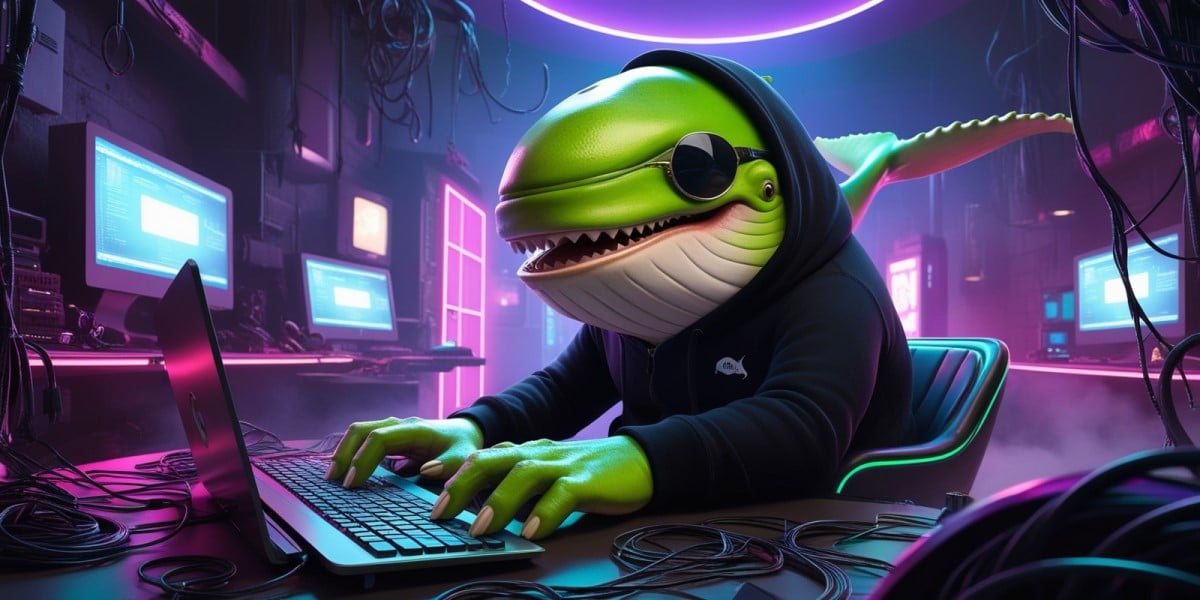
This review is spoiler-free. “Bewitched” is how I would describe my feelings about the latest Marvel Disney Plus show centered on a WandaVision villain whose iconic theme song, brought to you by the Frozen songwriters, has found its way into the title. Sometimes we forget how big the former show was in 2021 — a sitcom-mystery-superhero-drama delight that more often than not delivered on its promise of solidifying the Scarlet Witch and beckoning a new era of superheroes post- Endgame .
I loved WandaVision , which makes me even angrier that it took three whole years to get another look at what the team behind that show could offer. Agatha All Along is straight-up the sequel to WandaVision , and even without the same budget as the first go-around ( this cost only about $30 million, according to sources ), it maintains the same quality. Seriously, the single locations per episode, practical visual effects, and charming, amateur wardrobes give off a distinctly non-Marvel feel.
And why wouldn’t it? This is a show not just about Agatha, the villain, but about witches and the lore they represent in both fiction and non-fiction. This pulpy, 30-to-40-minute-per-episode show picks up where we last saw Agatha Harkness (Kathryn Hahn), in a spell cast by Wanda Maximoff before she went on her way in Doctor Strange and the Multiverse of Madness . Returning to Westview — the location central to WandaVision — already feels nostalgic, given the deluge of Marvel films and television shows since 2021.
The place feels like a freehold or an isolated theater stage. It’s where writer-director Jac Schaeffer has seized the opportunity to experiment without worrying about the wider universe. In this sense, Agatha All Along represents Marvel as a giddy and unpredictable theater kid, happily saying goodbye to studio notes and singing its heart out.
With a cast that pulls from Broadway legends like Patti LuPone, comedians like Sasheer Zamata and Aubrey Plaza, and an up-and-coming teen actor like Joe Locke ( Heartstopper ), this show takes a “sing first, ask questions later” approach. Play Video I acknowledge that this might not be for everyone. At its core, the show recontextualizes Agatha as a classic Disney villain, while Wanda is (or was) a Disney princess.
After the aptly named Teen (Joe Locke) releases Agatha from Wanda’s spell, she must recruit a coven of witches to walk down the Witches’ Road and regain her powers. Each episode includes a trial focused on a specific character. There’s some weird prosthetics, band performances, broomstick flying, and an ’80s horror cabin in the woods.
It’s everything, all at once, and it’s hard to pin down exactly what the show is about. But one thing’s certain: it has exceptional writing and an identity anchored by Agatha’s dalliance with evil. Many have pointed out that Agatha serves as the Andor (Star Wars) of the Marvel Cinematic Universe.
It makes sense. Both focus on side characters most thought didn’t need their own shows. The “who asked for this” crowd was vocal with their skepticism even before release.
Yet, once they aired, these shows delivered a completely fresh vibe. Side characters stole the show, and suddenly, you cared whether someone might live or die. It’s classic television — a formula often forgotten when throwing $200 million at the first season of an unproven show.
The genius that made WandaVision returns. Instead of sitcoms, Agatha plays with common horror tropes. Then, just for a curveball, it throws in a midseason episode that feels like an indie coming-of-age film from A24.
Then, for another treat, it offers a non-linear episode that revisits previous episodes in satisfying ways. You can never predict what’s coming next, making it all the more exciting. It’s the benefit of having no weak spot in the cast.
Ali Ahn’s Alice and Debra Jo Rupp’s Mrs. Hart, for example, are characters I never thought I’d care about, but the writing does them justice. Joe Locke’s Teen is a delightful surprise too — an openly queer character and a plucky sidekick to Agatha, who harbors a secret of his own.
Another smart move the show makes is avoiding the need for a traditional villain. Agatha is not an anti-hero, nor is she a misunderstood loner wronged by society (unlike your Joker: Folie à Deux ). She’s self-interested, a conniving survivor.
In what shouldn’t be a breath of fresh air, Agatha All Along dares to make Agatha who she truly is: the actual villain of the story. The irony is rich, especially as Venom: The Last Dance premieres in theaters — the third film of a franchise that makes Venom nearly unrecognizable as a Jekyll-and-Hyde archetype rather than who he truly is: a Spider-Man villain. A good story doesn’t need to turn its villain into a good guy.
A great story allows the villain to remain just that and explores what that entails for the world around them. In Agatha’s case, she’s given witches a bad reputation. At the end of each episode, we’re treated to a montage of how witches have been portrayed in the media.
The show suggests that Agatha is the reason. In this light, I appreciate the broader message of the show. The majority female ensemble finds a sense of solidarity in their “witch-ness,” a trait that has often been seen as a curse.
However, they come to realize that their powers have brought more than just hate and conflict. They’ve been recipients of spells borne out of love. They’ve been given unique gifts that society has underestimated and shunned.
In episode seven, the show’s finest half-hour, Lillia (Patti LuPone) asserts, “I loved being a witch,” reclaiming the identity that has caused her centuries of pain. A “witch” can mean anything, and given how the show offers different perspectives on this concept each episode, it’s safe to say it’s also asking viewers what “witch” means to them. It could represent “otherness,” the “marginalized,” or the “unspoken for.
” For me, it meant embracing what made me different and singled out; especially now, as an immigrant in the United States, feeling like a sore thumb in a place that sometimes feels worlds away from who I am. In many ways, this is the unexpected comfort Agatha All Along brings to people like me. – Rappler.
com ‘Agatha All Along’ is now streaming in Disney+ Philippines..














